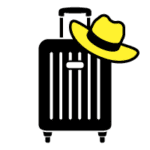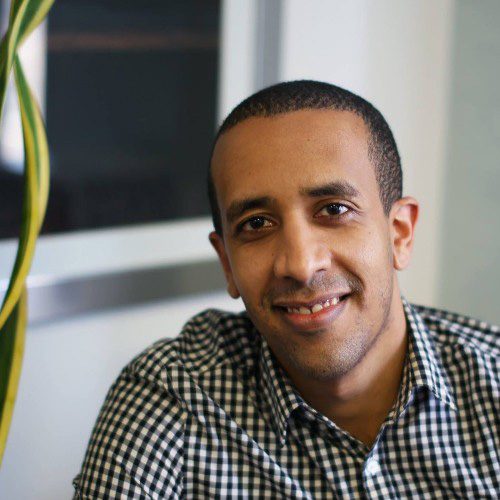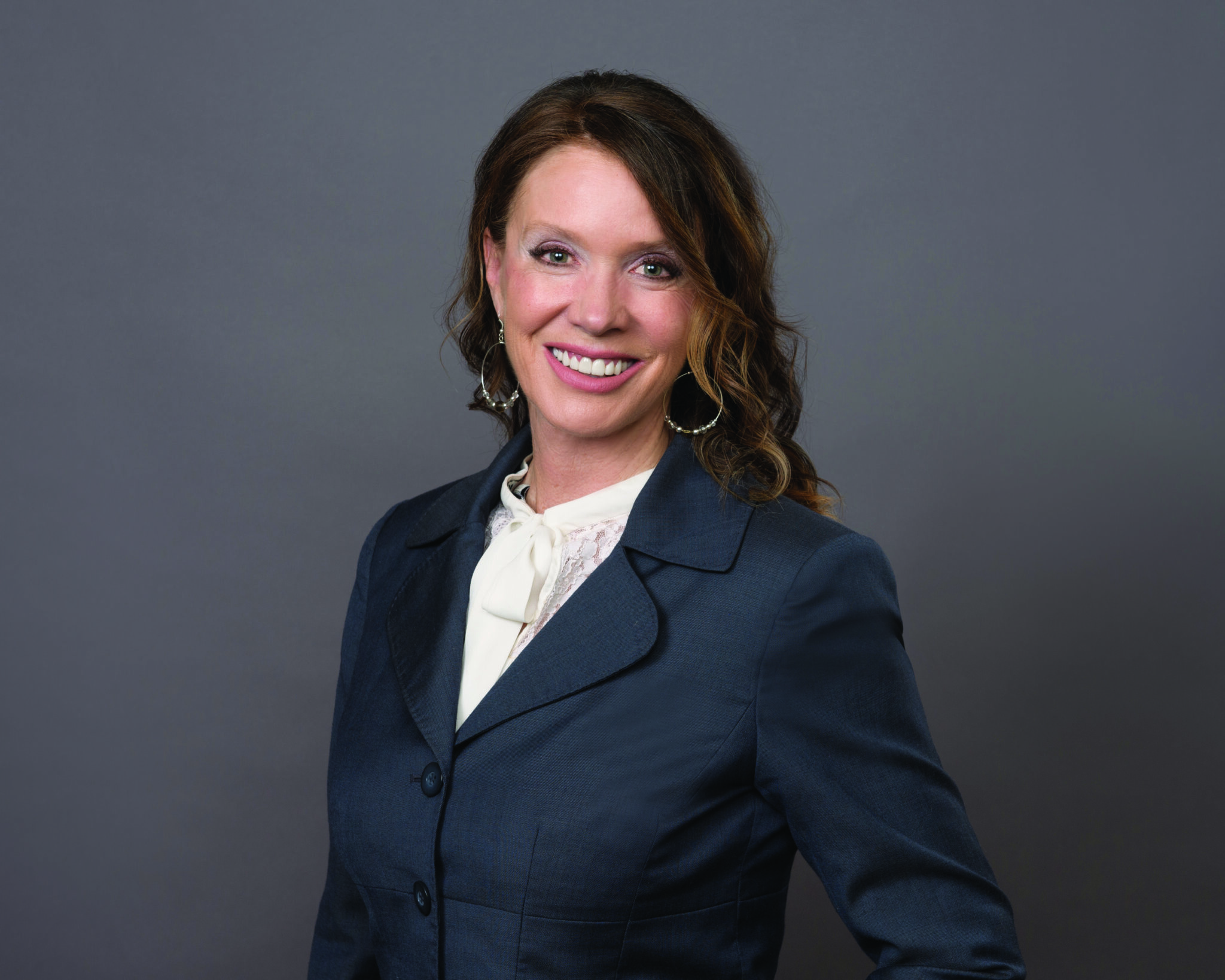Skift Take
Wildfires tarnished the tourism appeal of the Golden State. So Visit California is running a splashy new "Ultimate Playground" campaign. CEO Caroline Beteta dishes on the pivot, her $150 million war chest, and how her team uses famous faces as brand ambassadors.

Leaders of Travel: Skift C-Suite Series
What are the top trends impacting hotels, airlines, and online bookings? We speak to the executives shaping the future of travel.
California recently branded itself as the “Ultimate Playground.” That was a pivot away from “Dream Big,” the branding it used for over a decade.
Visit California, the state’s destination marketing organization, pivoted after consumer research found that the state's image had suffered from extensive media coverage of the state's wildfires.
Visit California CEO and President Caroline Beteta spoke with Skift about the marketing pivot, a lagging recovery of Chinese tourism, wooing more meetings to the state, how her organization works with celebrities like Jennifer Hudson, and how $150 million in pandemic relief funds helped its mission.
This interview has been edited for length and clarity.
Skift: Visit California has operated under the platform “Dream Big” for over a decade. Why change it now?
Caroline Beteta: With the pandemic, there was a change in global sentiment. Just about really the silver lining for all of us is the importance of tourism and play because people were sheltering in place and couldn't travel. We felt it was really important coming out of the pandemic to take a look at the brand relevance, like where we sit today and the image of California.
Dream Big is still very relevant and will be part of that messaging, but it kind of sits upstairs, higher funnel because attributes like inclusiveness, innovations and innovate are related to California.
The idea of Ultimate Playground is a little bit lower funnel, more of a direct call to action and meeting consumers or prospective tourists where they have had this pent up demand for travel.
I’d call it more of a pivot because we're not walking away from what is really authentic to California.
Why is California labeling itself as a “playground”? Is it meant to evoke a childlike feeling?
Play is important in people's lives. People don't make time for play because it just sounds frivolous. And really the opposite of play is not work.

